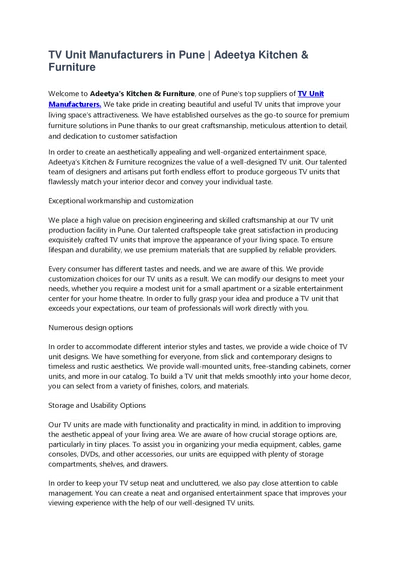PPT-MEMORY PLP MODULE 2 UNIT 2
Author : SmilingSunshine | Published Date : 2022-07-28
LIFE SKILLS 21 The Memory System We all have a memory system and we can all learn to remember well The memory system works in three ways Sensory memory also known
Presentation Embed Code
Download Presentation
Download Presentation The PPT/PDF document "MEMORY PLP MODULE 2 UNIT 2" is the property of its rightful owner. Permission is granted to download and print the materials on this website for personal, non-commercial use only, and to display it on your personal computer provided you do not modify the materials and that you retain all copyright notices contained in the materials. By downloading content from our website, you accept the terms of this agreement.
MEMORY PLP MODULE 2 UNIT 2: Transcript
Download Rules Of Document
"MEMORY PLP MODULE 2 UNIT 2"The content belongs to its owner. You may download and print it for personal use, without modification, and keep all copyright notices. By downloading, you agree to these terms.
Related Documents














